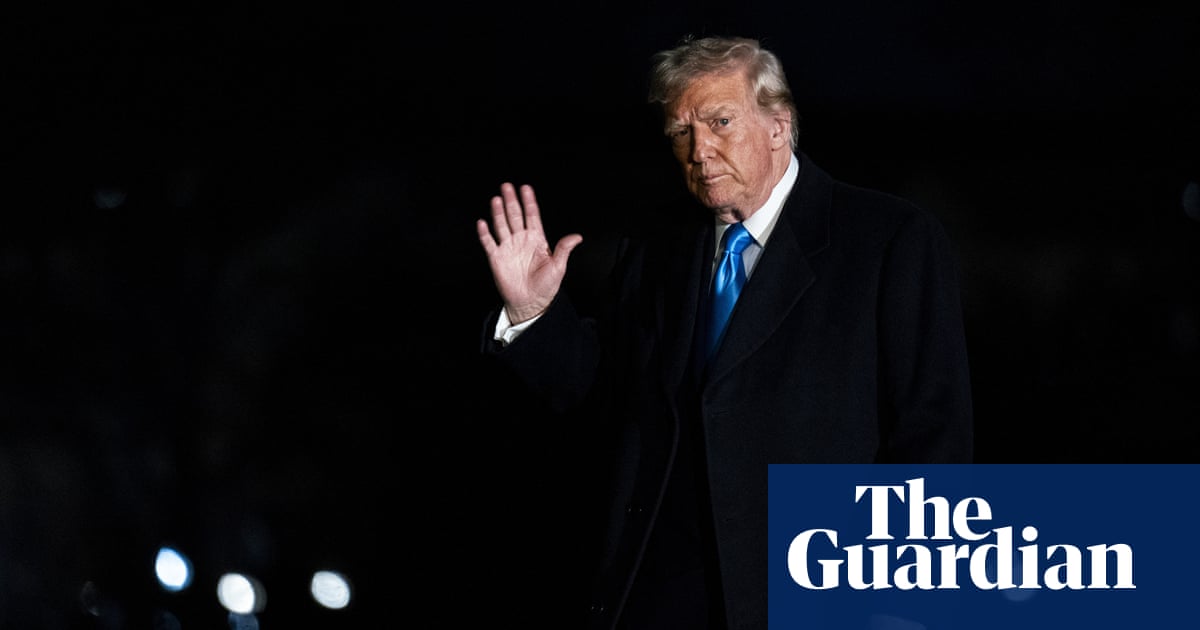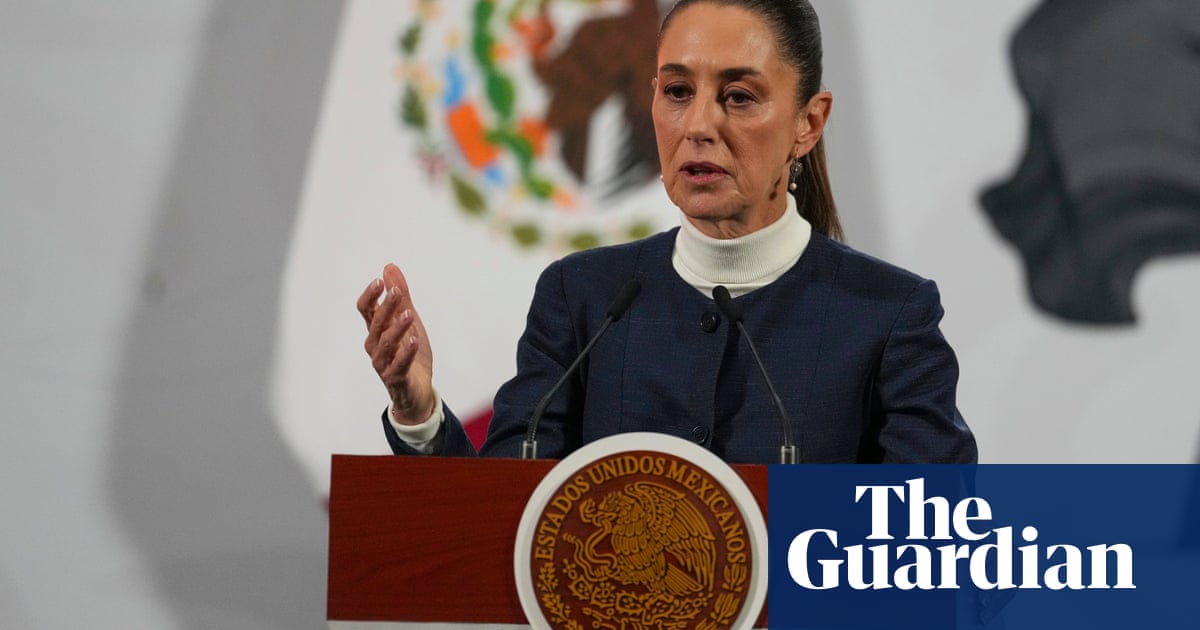Donald Trump has signed an executive order directing the US treasury and commerce departments to create a sovereign wealth fund. Treasury secretary, Scott Bessent, and Howard Lutnick, the nominee for commerce secretary, will lead the effort.
“We have tremendous potential,” Trump said while signing the order from the Oval Office on Monday. “I think in a short period of time, we’d have one of the biggest funds.”
What is a sovereign wealth fund and what does it do?
Sovereign wealth funds are investment vehicles owned by countries. Most act as an investment account, or as a development tool, or a combination of the two. They are designed to be a nest egg, allowing current money to be deployed in a way that benefits future generations.
Unlike pension funds where people withdraw money for their own spending needs, SWFs are supposed to invest for the collective good of a nation. But SWFs also often invest in financial products and buying stakes in companies, which can provide financial benefits well into the future and fund government budgets or social programs.
There are over 90 such funds across the world, managing over $8tn in assets, according to the International Forum of Sovereign Wealth Funds. Well-known examples include Saudi Arabia’s Public Investment Fund, the China Investment Corporation and Norway’s Government Pension Fund.
How is a wealth fund funded?
Typically, some or all of a country’s budget surplus is passed to the SWF, which can then use it for new investments.
Many funds have been set up by countries with strong commodities export industries, and proceeds from oil, natural gas, metals and minerals sales by state-owned companies are often behind SWFs. About 60% of funds are funded by revenue from natural resources, per the IFSWF.
Trump offered little in the way of detail on Monday about how a US fund would operate or how it would be financed. Treasury secretary Scott Bessent told reporters the plan was to monetize assets currently owned by the US government “for the American people.” The president has also previously said revenue earned from tariffs on US imports could form the basis for a wealth fund.
Why hasn’t the US had a wealth fund before, and why now?
Sovereign wealth funds generally exist in countries that either have large foreign exchange reserves, such as China, or revenue from the sale of oil or other commodities, like Norway and Saudi Arabia. The US, however, has consistently run budget deficits in recent years.
There are in fact some US states that do have smaller wealth funds, generally funded by commodities or land. The largest is the Alaska Permanent Fund, started in 1976, which currently manages about $82 billion.
But the size of the American private investment sector on Wall Street and beyond is such that various investment managers and private equity firms manage large pools of capital. That reduces both the need for and availability of capital for a sovereign wealth fund to exist, absent political will.
Bessent said the US sovereign wealth fund would be set up in the next 12 months. While on the election campaign trail in September, Trump proposed setting up a fund which would finance “great national endeavours,” including infrastructure projects such as highways and airports, manufacturing and medical research.
Trump also suggested, without providing specifics, that the fund could be used to keep TikTok operating in the US. TikTok is currently operating due to an extension Trump granted prolonging the deadline for a forced sale or shutdown.
How big could America’s sovereign wealth fund be?
Trump did not give an initial size or target amount for the US sovereign wealth fund. However, when talking about the subject in September, he said an American SWF should approach, or exceed, $2tn.
Currently, the largest such fund is Norway’s Government Pension Fund Global with $1.74tn in assets, followed by the China Investment Corporation with $1.33tn in assets, according to the Sovereign Wealth Fund Institute, a data provider.
Abu Dhabi, Kuwait, Saudi Arabia, and Singapore are among countries with prominent sovereign wealth funds, with between $801bn and $1.06tn in assets, the institute said.
Reuters contributed reporting

 German (DE)
German (DE)  English (US)
English (US)  Spanish (ES)
Spanish (ES)  French (FR)
French (FR)  Hindi (IN)
Hindi (IN)  Italian (IT)
Italian (IT)  Russian (RU)
Russian (RU)  2 hours ago
2 hours ago
























Comments